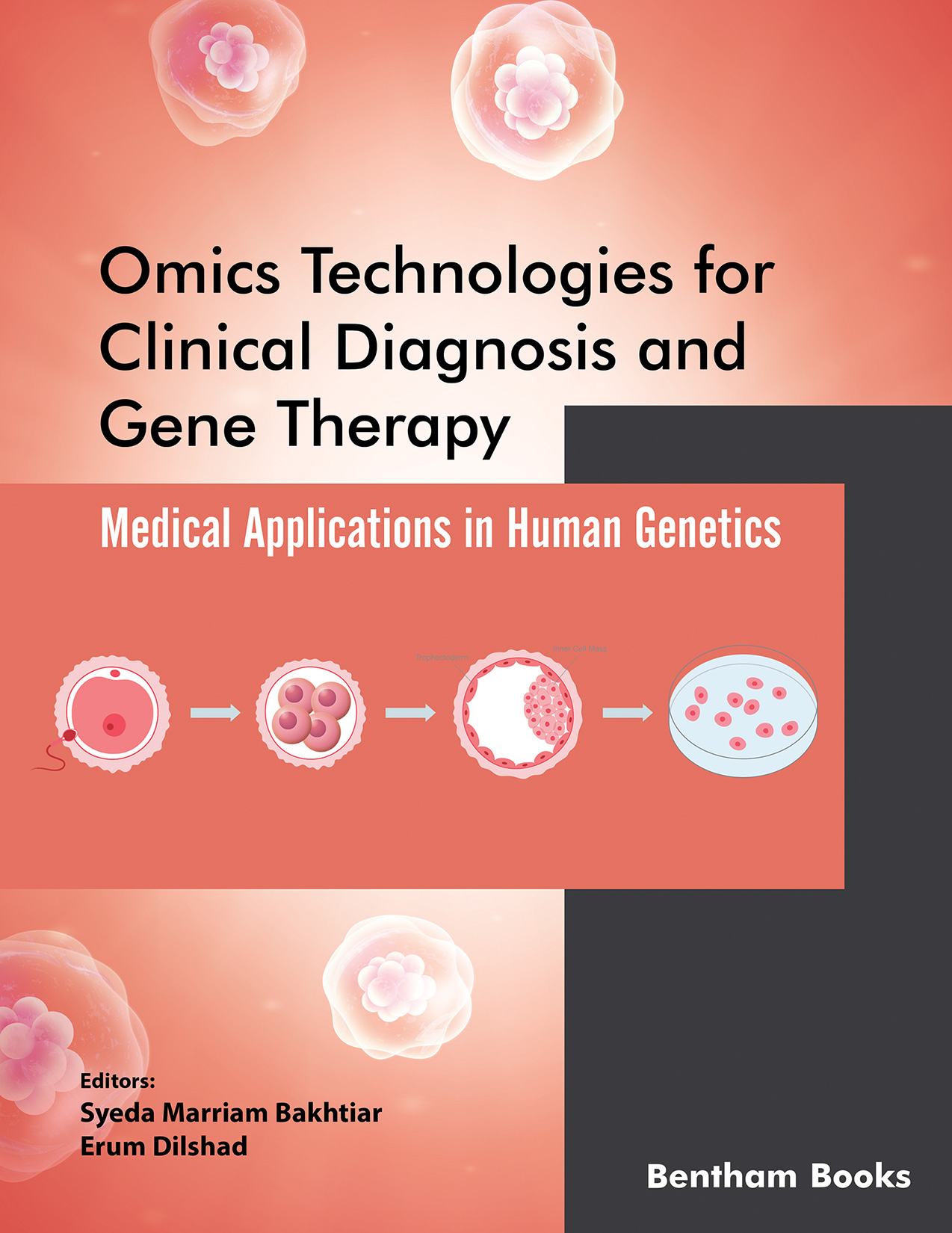Introduction
Genetic disorders have been the focus of scientists for a long time. The emergence of next-generation sequencing techniques has ushered a new era in genetics and several developments have occurred in human genetics. The scientific perspective has also been widened with omics technologies that allow researchers to analyze genetic sequences and their expression products. An integrated approach is being used not only for diagnosis but also for disease management and therapeutic purposes.
This book highlights emerging areas of omics technology and its application in the diagnosis and management of human genetic disorders. The book covers three areas of research and implementation:
- - Diagnosis (covering conventional strategies to next-generation platforms). This section focuses on the role of in silico analysis, databases and multi-omics of single-cell which will help in designing better management strategies.
- - Disease Management and therapeutic interventions. This section starts with genetic counselling and progresses to more specific techniques such as pharmacogenomics and personalized medicine, gene editing techniques and their applications in gene therapies and regenerative medicine.
- - Case studies. This section discusses the applications and success of all the above-mentioned strategies on selected human disorders.
This book serves as a handy reference for students and academics studying advanced omics techniques in biochemistry and molecular genetics as part of courses in life sciences, pharmacology and medicine.
Audience:
Students and academics studying advanced omics techniques in biochemistry and molecular genetics as part of courses in life sciences, pharmacology and medicine.

